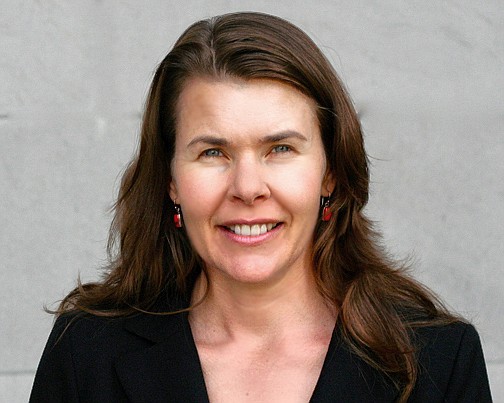Attention Lawmakers, The Age Wave is Here!
October 1, 2012 at 8:58 p.m.
This January, our newly appointed Governor and a cast of new Senators and Representatives will descend on Olympia into a sea of policy and budget challenges. Before they get too distracted, let’s make sure they take note and plan for the silver tsunami on the horizon.
The age wave is here. Today, 12 percent of Washingtonians are 65 plus. By 2030 that will grow to nearly 20 percent or one out of every five people in our state. The oldest older people are the fasted growing group – we now have approximately 128,000 Washingtonians who are 85+. By 2060 this age group is projected to more than triple to 560,000 people age 85 and over.
That’s a lot of older folks. Our society is going to look a lot different in the future and state lawmakers need to start preparing for that changed reality today.
The “longevity bonus” is an incredible opportunity. People can now expect to live 20 to 30 years beyond the traditional retirement age of 65. That’s decades more to enjoy family and friends, engage in amazing experiences and contribute to society. The “longevity bonus” is also a challenge –our growing aging population is and will continue to put pressure on state funded services and infrastructure.
The question state lawmakers need to ask themselves is: what can we do now to transform our society so that it supports healthy aging and independence for the future? How can we keep older adults out of expensive nursing homes and hospitals, and instead on the tennis courts or in the schools reading to kids? How can we help people stay in their own homes and get around when they can no longer drive?
State lawmakers won’t be able to solve it all this year or next, but they need to get on the right track to an age friendly future. And there will be many opportunities in the 2013 session.
The first step is focus. Both Gubernatorial candidates have pledged that if elected they will host an Aging Summit within the first six months of their administration. Let’s hold them to that and urge lawmakers in the House and the Senate to form Aging Committees so that they can properly oversee and manage aging issues across policy sectors.
The second step is action. Here are specific policies and budget priorities that lawmakers should embrace in 2013:
• To expand access to health care for all and especially for people ages 50-64, lawmakers should expand Medicaid as allowed by the new health care law and get the new Health Insurance Exchange up and running and ready to begin coverage by January 2014.
• To support older adults with disabilities and chronic conditions, lawmakers should maintain and improve funding for our best-in-the-nation long term care system and strengthen supports for family caregivers.
• To protect the most vulnerable, lawmakers should ensure guardianship services for those who are incapacitated, protect the rights of people in institutional settings and demand a more effective response to incidences of abuse, neglect and financial exploitation.
• To help people prepare for a successful retirement, lawmakers should protect the integrity of state pension plans, encourage private savings and do everything in their power to help older people who want to stay in their jobs or go back to work.
• To help people age in place, legislators should prioritize development of housing that is built with accessibility features, support the rights of people living in mobile homes and prevent more foreclosures.
• To encourage independence and prevent isolation, lawmakers should restore and expand public transportation and special needs services in the transportation budget and support pedestrian safety.
The third (and arguably most critical) step is funding. Preparing for the growing needs of all generations will necessitate a new look at our outdated, unfair and inadequate tax system. Funding changes that help us prepare for the growing elder population of today and tomorrow cannot come at the expense of funding for the education of future generations, and vice versa. That means biting the bullet, letting go of the campaign rhetoric and coming together across party lines to discuss sensible budget and tax changes.
Now is the time for aging advocates across the state to articulate this vision to candidates competing to lead our state into the future. Raise these issues with candidates vying for your vote.
To help you find out where the candidates stand, AARP is pleased to offer both a print and video voters guide for the Governor’s race. You can view our guides at www.aarp.org/wa or order a free print copy by mail by calling 1-877-926-8300.
AARP is also joining the Association of Area Agencies on Aging and other aging organizations in hosting a series of candidate forums across the state. Join us to talk with future leaders from your community and hear what they have to say about the Silver Tsunami. Events are planned for October 1 on Mercer Island (Mercer Island Community Center, 11am – 1:30pm), October 8 in Puyallup (Puyallup United Methodist Church, 6:30-8:30pm), and October 9 in Everett (Everett Transit Station, 2-4pm). To register for the Mercer Island event visit www.agingkingcounty.org/silvertsunami. For more information about the Puyallup and Everett events, visit www.aarp.org/wa or call 1-877-926-8300 to register.
This article appeared in the October 2012 issue of Northwest Prime Time, the Puget Sound region’s monthly publication celebrating life after 50.





